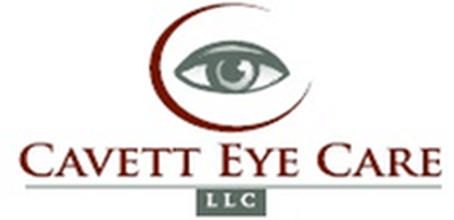Tips & Treatment for Dry Eyes in the Winter

To put it simply – Dry Eye Syndrome refers to a chronic case of dry eyes and all of the irritating symptoms that it causes. This annoying condition develops when your eyes aren’t lubricated well enough, and winter is one of the worst culprits behind dry eyes. However, it’s not always the low temperatures and blustery winds that deserve blame. Rather, indoor heating is a typical problem, as it removes moisture from your atmosphere.
If the winter weather gives you red eyes, blurry vision and a need to rub your eyes or blink constantly, you’re probably suffering from dry eyes. Dry eyes won’t lead to any long term complications, yet they can be very annoying and interfere with many daily tasks. Contact us to schedule an eye exam; we’ll evaluate your dry eyes and offer a range of strategies and remedies to alleviate your discomfort. To protect your eyes from crisp, windy weather and the hazards of dry indoor heating, here are some helpful tips:
- Purchase artificial tears (specialized eye drops) to restore moisture to your eyes. Be sure to consult with our expert optometrist to check which drops are appropriate for your ocular condition.
- Avoid sitting too close to radiators and heaters at home or at work.
- Hold back from rubbing your eyes, as this will exacerbate your dry eyes and could result in scratching the surface of your eyes.
- Opt to wear your eyeglasses more frequently than contact lenses.
- Reverse the drying effects of your heater by using a humidifier too.
- Apply warm compresses to your dry eyes; this can help alleviate itchy symptoms
- Take supplements. Recent Harvard studies have shown an association between taking omega-3 supplements and preventing Dry Eye Syndrome.
When you’re outdoors, you can protect your eyes against the cold by wearing sunglasses or goggles. Wraparound sunglasses are the ideal eyewear design, as they maximize the area of your face blocked from the wind. This is particularly important when engaging in wintery outdoor sports, such as skiing, snowboarding or sledding. All winter eyewear should have UV-protection, as the sun’s ultraviolet rays are just as strong even when it’s not warm outside!
Dry eyes are a chronic condition that can often be prevented or alleviated by following the above advice. Yet some cases may require additional dry eye treatment. We’re experienced in many types of dry eye treatment, including prescription medications and minor surgical procedures. Contact our office to reserve your appointment!


Leave a Reply